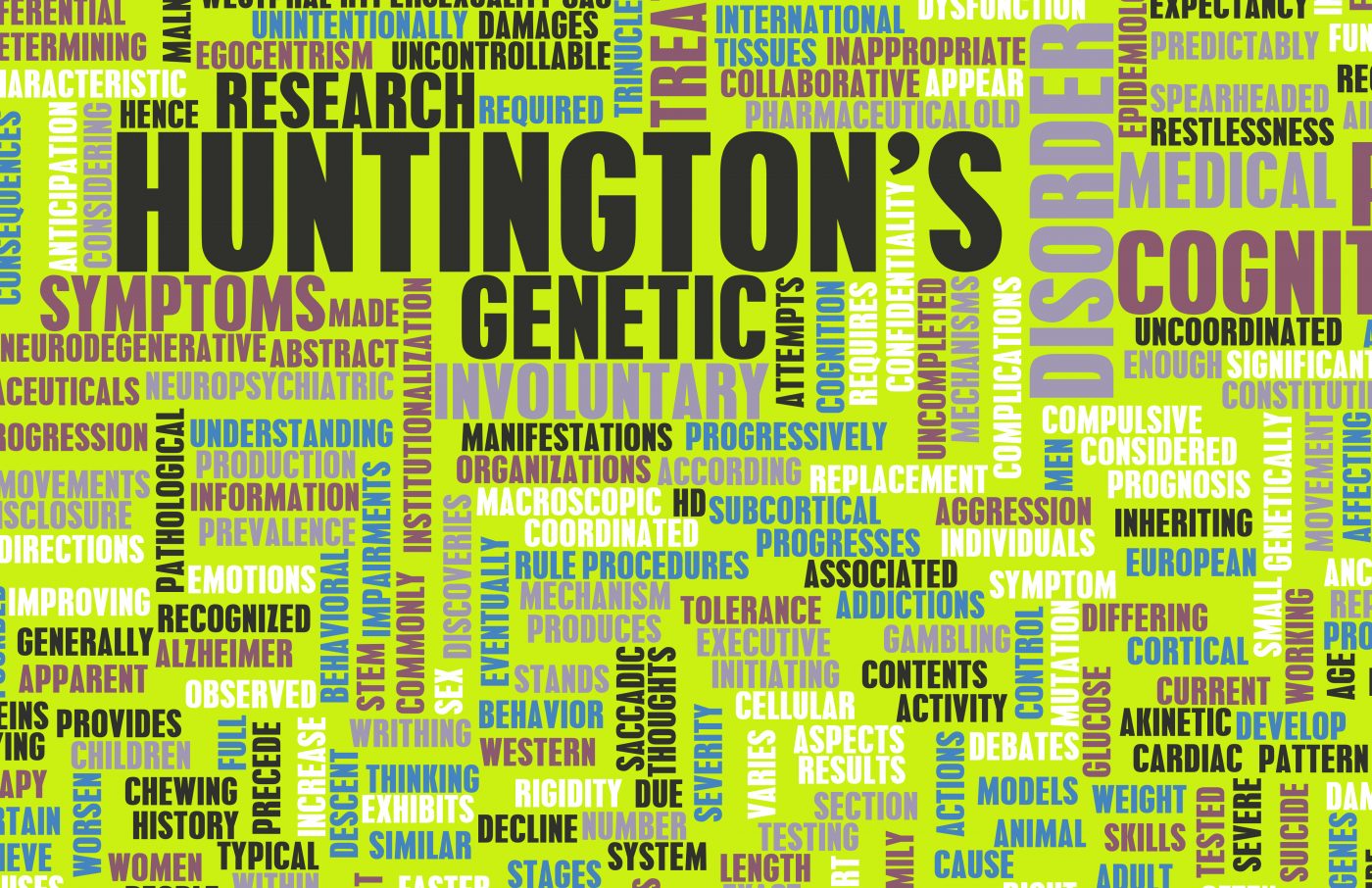Roche Licenses Promising Huntington’s Therapy IONIS-HTTRx, Begins Extension Study
Written by |

Roche will now be responsible for the development and marketing of Ionis Pharmaceuticals’ IONIS-HTTRx after exercising its option to license the investigational drug, designed to treat Huntington’s disease (HD).
This move follows highly promising results from a Phase 1/2a clinical trial.
The randomized, double-blind, placebo-controlled trial (NCT02519036) tested the safety and tolerability of several increasing doses of IONIS-HTTRx in Huntington’s disease patients. Pharmacokinetics (the movement of a drug within the body) and pharmacodynamics (the effect and mode of action of a drug) of IONIS-HTTRx were also evaluated.
The drug was found to have an acceptable safety and tolerability profile. It also reduced the amounts of the mutant huntingtin protein (mHTT) that causes Huntington’s disease in the patients tested. A trial with a larger number of participants is needed to assess the effect of IONIS-HTTRx on disease progression.
Ionis and Roche were just initiating an open-label extension of the study (NCT03342053) for participants who completed the Phase 1/2a trial. The two companies will transition the extension study to Roche, which will manage this trial and future studies of IONIS-HTTRx.
The results of the trial will be presented at medical conferences in 2018. There are also plans to publish a scientific article about the trial results.
“We are encouraged by the performance of IONIS-HTTRx in the Phase 1/2a clinical study. The dose-dependent reductions of mHTT we observed in the study substantially exceeded our expectations and we were equally encouraged by the safety profile of the drug,” Dr. C. Frank Bennett, senior vice president of research at Ionis Pharmaceuticals, said in a press release.
“We are grateful to the patients and investigators participating in this study. We could not have reached this important milestone without their commitment and that of the broader HD community.”
B. Lynne Parshall, chief operating officer at Ionis Pharmaceuticals, said the company is “extremely pleased that to have reached this important milestone in our collaboration with Roche, to discover and develop a therapy for people with Huntington’s disease.”
“This is our second antisense drug targeting a neurodegenerative disease to demonstrate a positive impact on a disease target in the CNS,” Parshall added.
Dr. Sarah Tabrizi, professor of clinical neurology, director of the University College London’s Huntington Centre, and the global lead investigator of the Phase 1/2a study, called the results of the trial “groundbreaking” for HD patients and families.
“For the first time, a drug has lowered the level of the toxic disease-causing protein in the nervous system, and the drug was safe and well tolerated,” she said. “The key now is to move quickly to a larger trial to test whether IONIS-HTTRx slows disease progression.”
IONIS-HTTRx has been awarded orphan drug status, meaning that incentives for developing the drug are in place, by the U.S. Food and Drug Administration and the European Medicines Agency as a treatment for Huntington’s patients.





